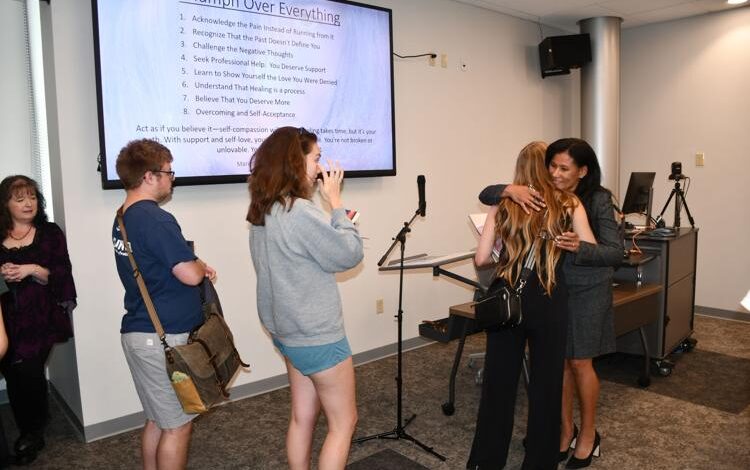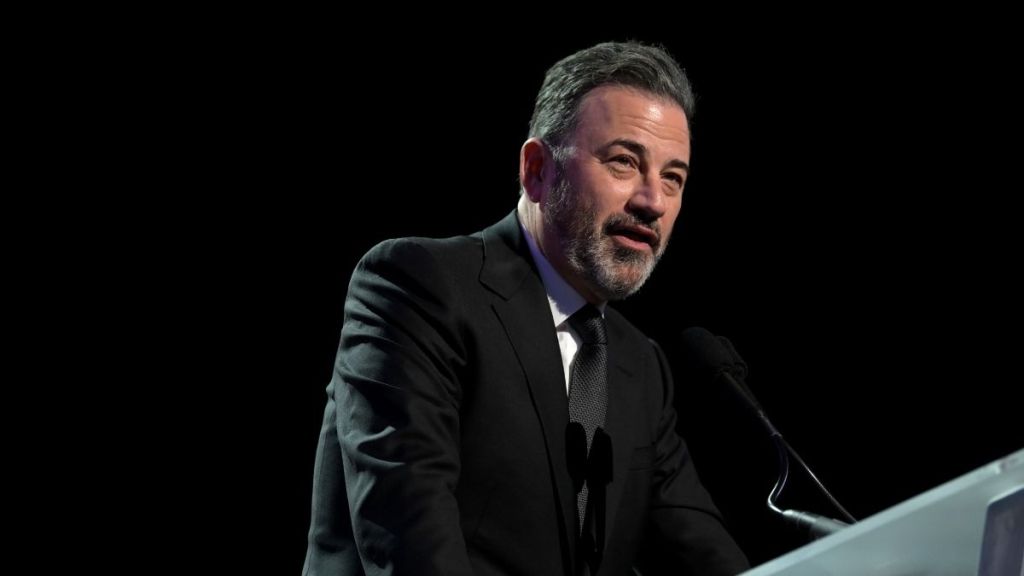Rwandan Genocide Survivor Urges Unity Amid U.S. Divisions

BREAKING: A powerful message from Rwandan genocide survivor Marie-Christine Williams resonated with students at Northeast State Community College in Blountville on Tuesday, October 17, 2023. Williams, who survived the horrific events of 1994, drew alarming parallels between the political divisions in the United States today and the ethnic strife that led to the massacre in her homeland.
During two impactful presentations—one at noon and another at 7 p.m.—Williams shared her harrowing story of survival, emphasizing the dangers of division and hate. “There is a lot of similarities. People are so divided,” she stated, highlighting the urgent need for unity in today’s society.
Williams recounted her traumatic experience as a 14-year-old, where she was left for dead after a machete attack during the genocide that claimed an estimated 80,000 to 1 million lives. She described how extremist Hutu members targeted the Tutsi population based on physical traits, warning that hatred is often bred through misinformation and prejudice.
“
Hate is brainwash,”
Williams asserted, calling for individuals to judge others by their character rather than superficial traits. Her message resonated with nearly 60 students, as she encouraged them to embrace differences instead of allowing political or religious views to create barriers.
Williams, who has dedicated her life to advocating for peace and understanding, founded the MCW Hope for Life non-profit organization in 2018. She has also published her memoir, The Darkside of Human Nature, detailing her experiences during the genocide.
In her presentation, she shared her personal journey from a traumatic childhood in Rwanda to overcoming physical and emotional scars. Despite facing severe adversity, including being shunned in Europe due to her injuries, Williams graduated high school in a wheelchair and earned a degree in criminal justice.
“
Close your eyes and say tomorrow is going to be a better day,”
she advised students, motivating them to pursue their dreams despite challenges. She presented an eight-part list titled “Triumph Over Everything,” urging attendees to acknowledge their pain, challenge negative thoughts, and seek professional help.
Williams also shared her own struggles with loss, revealing that her husband died of cancer while serving in Iraq, leaving her to raise their son alone. “Everybody I knew died,” she reflected, underscoring the importance of resilience and support systems in overcoming trauma.
As she distributed free copies of her book to eager students—many waiting in line for her signature—Williams concluded with a powerful reminder: “The future can always be rewritten.” Her story is not just a testament to survival but a rallying cry for compassion in a world increasingly defined by division.
With her compelling narrative and urgent call for unity, Williams left a lasting impression on all who attended, making it clear that the lessons of the past are critical in shaping a more inclusive future.






